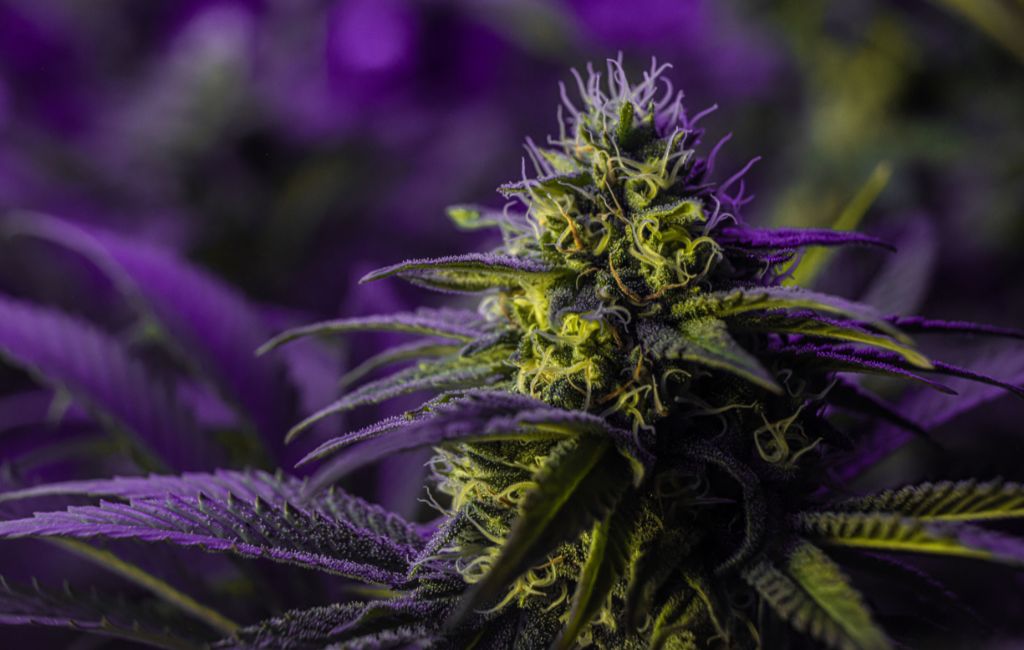Recreational Marijuana in Enjoyment
The use of recreational marijuana has become a topic of significant interest and debate in recent years. With changing legal landscapes and evolving societal attitudes, understanding the role of marijuana in leisure and enjoyment is more relevant than ever. This article explores the various facets of recreational marijuana use, its impact on society, and the experiences of those who partake.
The Rise of Recreational Marijuana
Over the past decade, the legalization of marijuana for recreational use has gained momentum across the globe. Countries like Canada and several U.S. states have led the charge, creating a new market and cultural shift. This change has sparked discussions about the benefits and challenges associated with recreational marijuana.
Legalization and Its Impact
Legalization has brought about significant economic benefits. In the United States, the legal cannabis industry generated over $17.5 billion in sales in 2020, providing a substantial boost to local economies. Tax revenues from marijuana sales have funded public services, infrastructure, and education.
- In Colorado, marijuana tax revenue exceeded $387 million in 2020.
- California’s cannabis industry contributed over $1 billion in tax revenue in 2020.
Beyond economics, legalization has influenced social dynamics. It has reduced the stigma associated with marijuana use, allowing individuals to explore its recreational potential without fear of legal repercussions.
Experiencing Marijuana for Enjoyment
For many, recreational marijuana offers a unique form of relaxation and enjoyment. Users often describe enhanced sensory experiences, increased creativity, and a sense of euphoria. These effects can vary based on the strain, dosage, and individual tolerance.
Popular Ways to Enjoy Marijuana
There are numerous methods for consuming marijuana, each offering a distinct experience. Some of the most popular include:
- Smoking: The traditional method, providing immediate effects.
- Vaping: A modern alternative that is perceived as less harmful than smoking.
- Edibles: Infused foods and beverages that offer a longer-lasting high.
- Tinctures: Liquid extracts that can be added to food or drinks.
Each method has its own set of benefits and drawbacks, allowing users to tailor their experience to their preferences.
Case Studies: Personal Experiences
Many individuals have shared their personal experiences with recreational marijuana, highlighting its role in their leisure activities. For instance, artists often report using marijuana to enhance creativity and break through mental blocks. Social users enjoy it as a means to relax and connect with friends in a casual setting.
One user, a graphic designer, described how marijuana helped them approach projects with a fresh perspective, leading to innovative designs. Another, a musician, found that it allowed them to explore new musical styles and compositions.
Challenges and Considerations
Despite its benefits, recreational marijuana use is not without challenges. Concerns about health effects, addiction potential, and impaired driving remain prevalent. Understanding these issues is key to responsible use.
Health Implications
While marijuana is often considered safer than substances like alcohol or tobacco, it is not without risks. Long-term use can lead to respiratory issues, mental health concerns, and dependency. Moderation and informed choices are crucial for minimizing these risks.
Regulation and Safety
Regulatory frameworks play a vital role in ensuring the safety and quality of marijuana products. Legal markets are subject to stringent testing and labeling requirements, providing consumers with information about potency and ingredients. This transparency helps users make informed decisions about their consumption.
The Future of Recreational Marijuana
As societal attitudes continue to evolve, the future of recreational marijuana looks promising. Ongoing research into its effects and potential benefits will likely shape public perception and policy. Innovations in consumption methods and product offerings will further diversify the market.
Moreover, the integration of marijuana into social and cultural events is becoming more common. Cannabis-themed festivals, lounges, and tours are emerging, offering enthusiasts new ways to enjoy and celebrate the plant.
Conclusion
Recreational marijuana has carved out a significant niche in modern society, offering a unique form of enjoyment for many. Its legalization has brought economic benefits and reduced stigma, while personal experiences highlight its potential to enhance creativity and relaxation. However, challenges such as health risks and regulatory concerns must be addressed to ensure responsible use. As the landscape continues to evolve, recreational marijuana will likely play an increasingly prominent role in leisure and culture.
